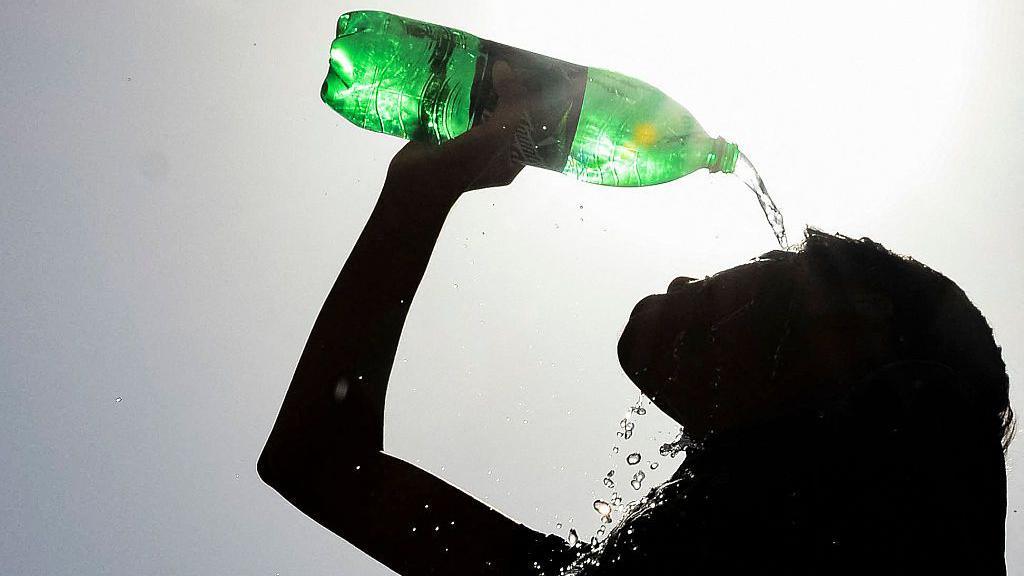Yorkshire seas set to break temperature records
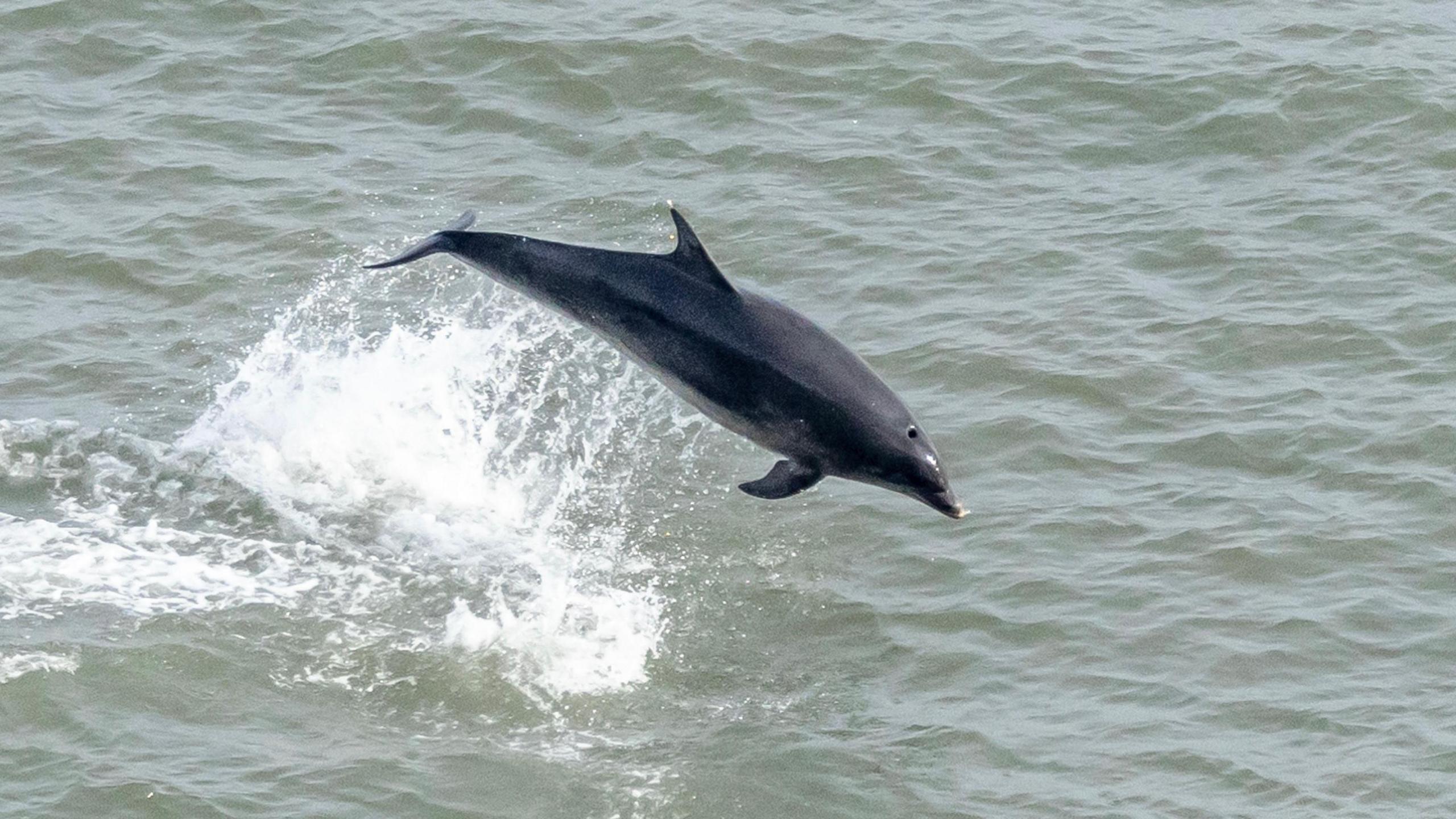
Bottlenose dolphins are one of the species being seen more often off the Yorkshire coast
- Published
Seas off the Yorkshire coast are likely to break temperature records in 2025, according to scientists.
The latest research suggests average surface temperatures are now at their highest since modern records began in 1982.
Prof Rodney Forster, from the University of Hull, said the sea is responding to global warming.
He said: "The North Sea appears to be a bit of a hot spot, warming faster than anywhere else and we don't know yet why that is."
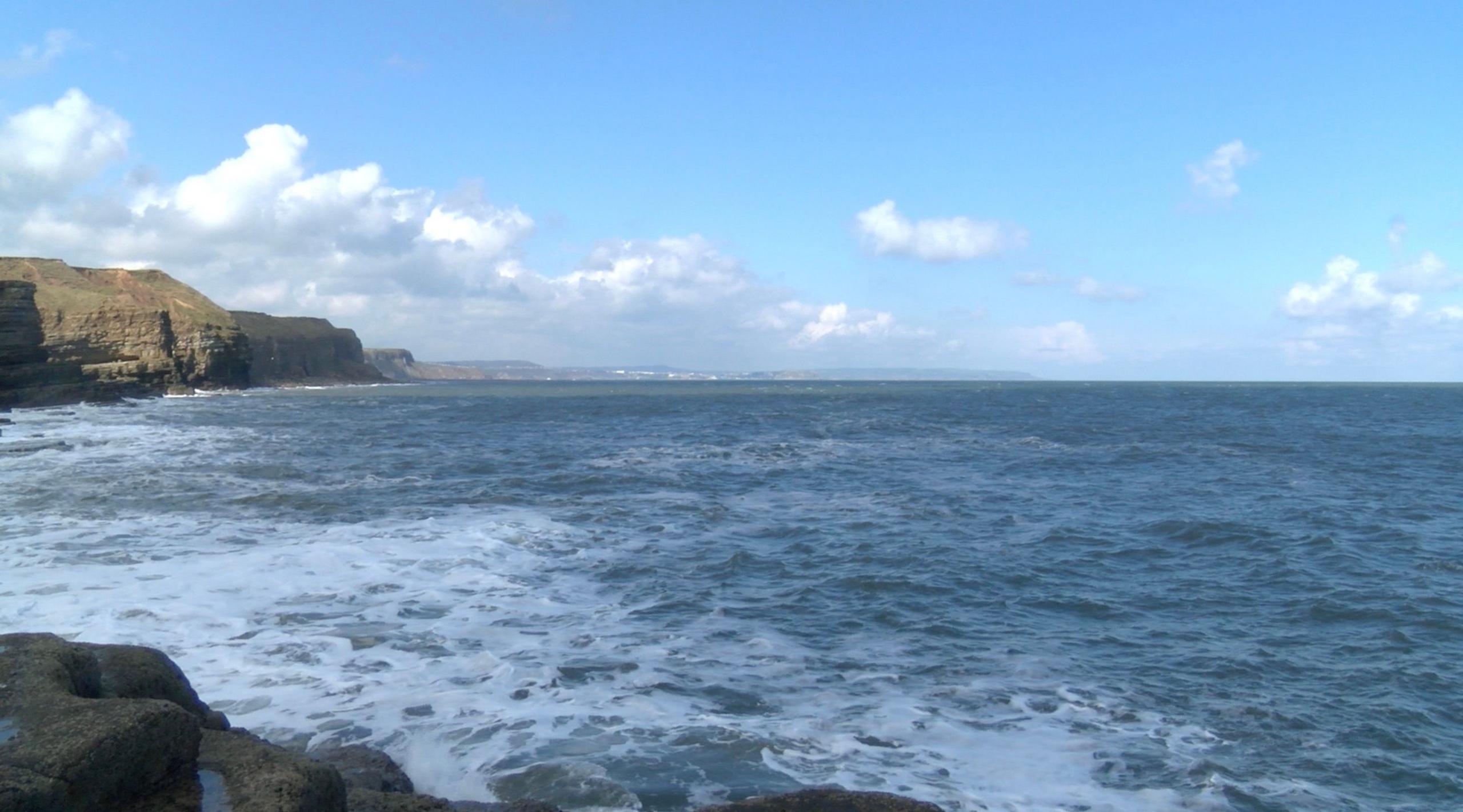
Sea temperatures went taken at various distances off the Yorkshire coast
Hull Marine Laboratory researchers recorded higher than average temperatures off the coast at Scarborough every month from January this year.
Sea temperatures were measured at three, six and 12 miles in a straight line off the coast.
Prof Forster said temperatures were 2C higher than in the 1980s.
"What we are seeing this year is consistent with a long-term pattern, gradually warming month on month," he said.
Mr Forster warned that this could place some marine species under threat.
"It's on the edge of what some types of seaweeds can survive, and they in turn support a broad range of other species."
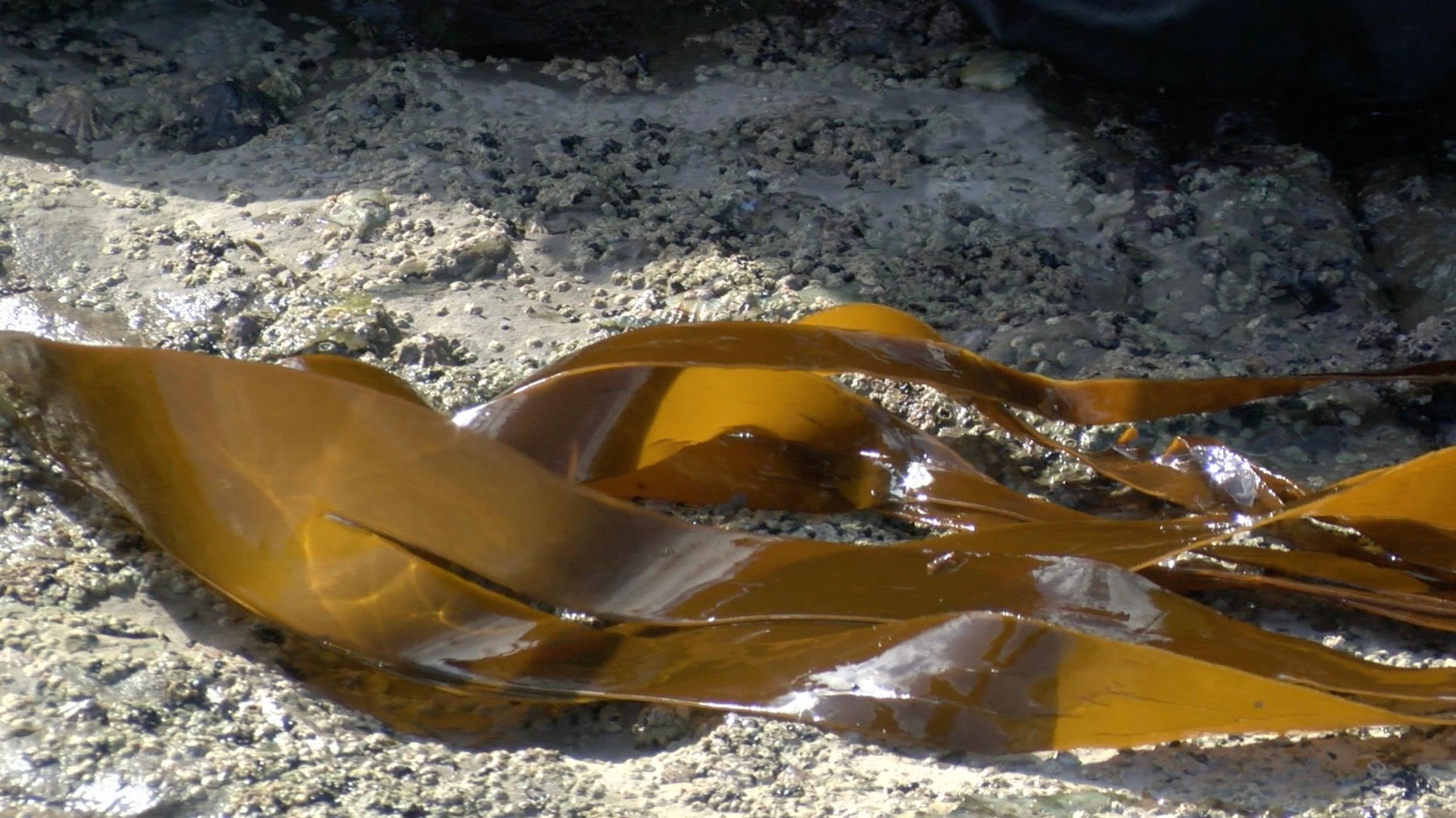
Some types of seaweed may not be able to survive in higher temperatures
Scientists also believe that different types of fish could now be seen off the east coast with warmer water creatures displacing colder water species.
Prof Forster said warming seas might partially explain the increased sightings of whales and dolphins between Scarborough and Bempton.
"There's been a big bottlenose dolphin pod resident now for two years and minke whales are coming down from further north and staying until September".
The research found that the average sea temperature off the Yorkshire coast between January and August in 1986 was 8.2C.
So far this year it has been 10.7C.
Scientists believe there are winners and losers when it comes to warming seas with some tiny organisms known as zooplankton becoming smaller and less prolific as temperatures rise.
"Smaller fish like sprat and herring depend on these [zooplankton] and these fish are in turn the food that bigger fish, birds, seals and porpoises need to survive," said Prof Forster.
Listen to highlights from Hull and East Yorkshire on BBC Sounds, watch the latest episode of Look North or tell us about a story you think we should be covering here, external.
Download the BBC News app from the App Store, external for iPhone and iPad or Google Play, external for Android devices
Related topics
- Published12 August
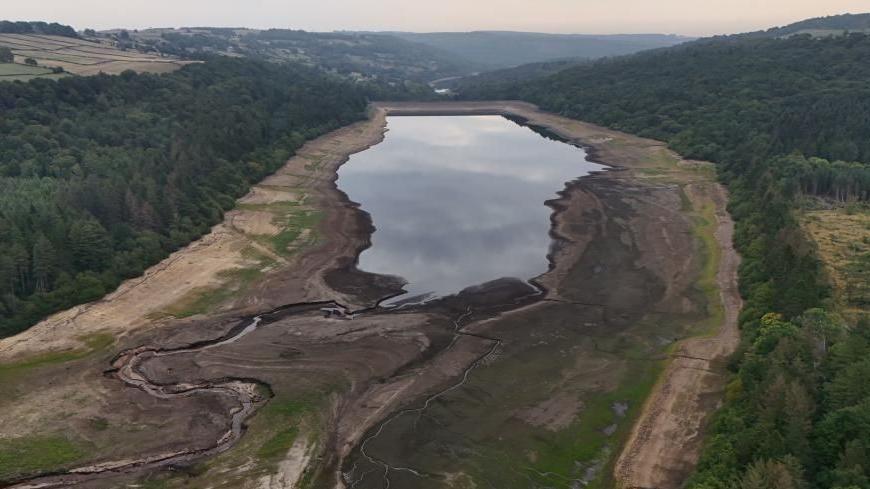
- Published11 August
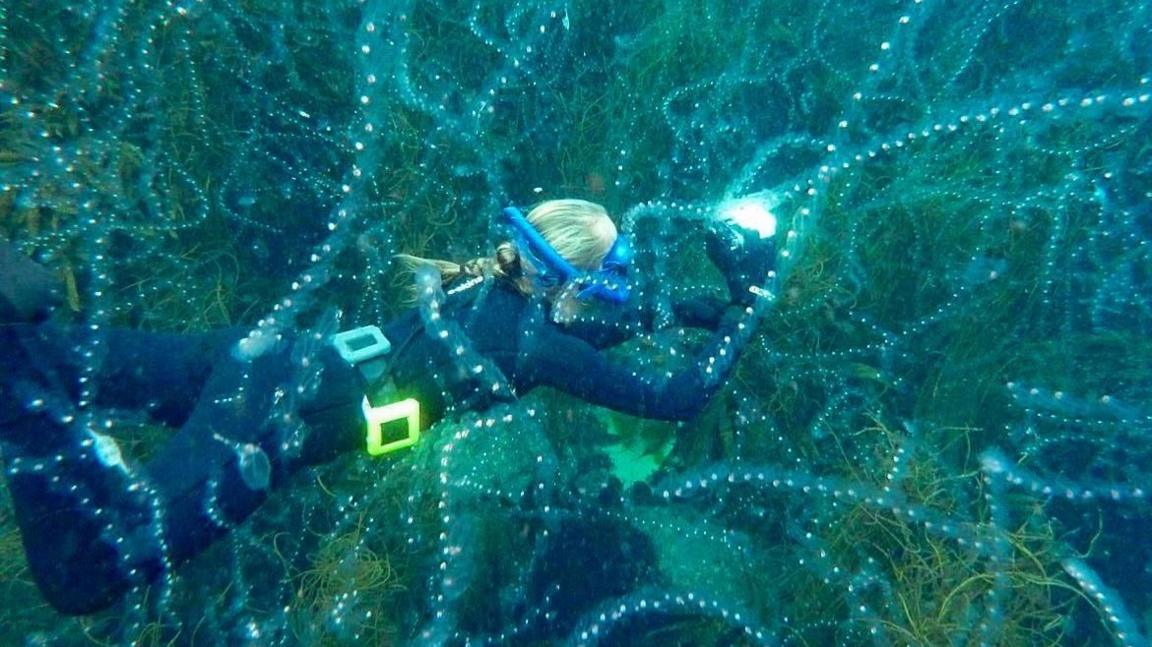
- Published29 October
